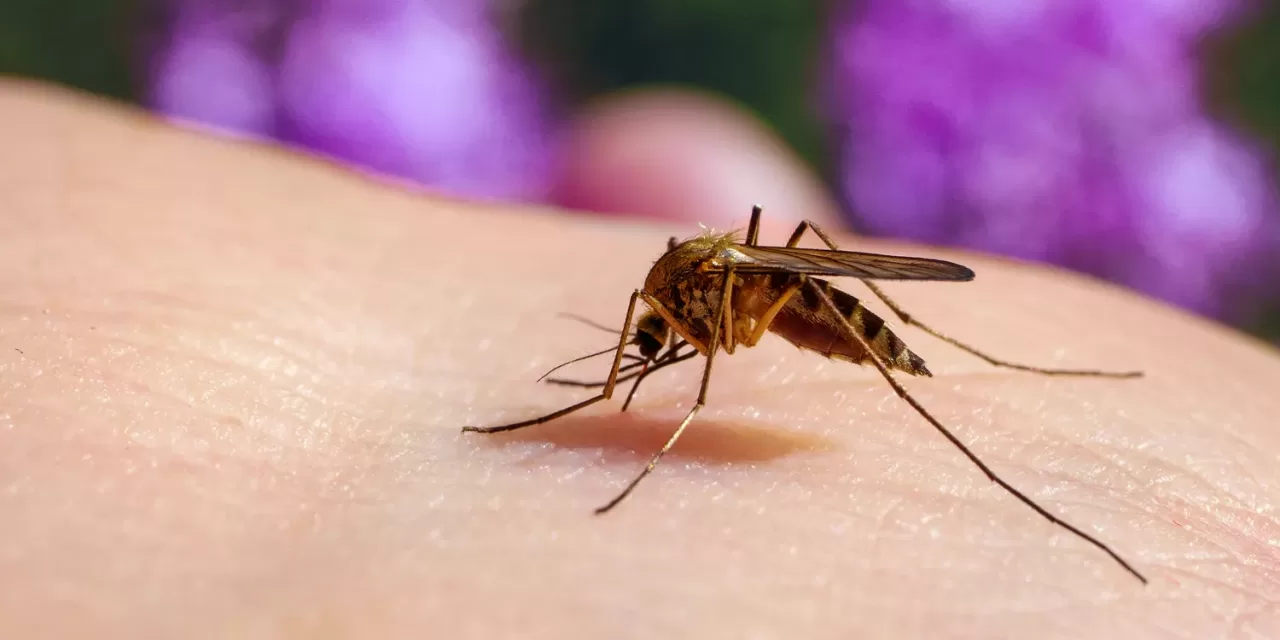Exeter, UK — A new study from the universities of Exeter and Wageningen has unveiled a significant breakthrough in mosquito control strategies that could aid global health programs. Researchers discovered that exposing mosquito larvae to specific strains of Asaia bacteria significantly accelerates their growth, potentially improving the effectiveness of disease-fighting initiatives against Aedes aegypti mosquitoes, which are known vectors for dengue, yellow fever, and Zika viruses.
Traditionally, anti-disease programs combat these mosquito populations by breeding and releasing non-biting male mosquitoes that are either sterile or unable to transmit diseases. These mass release strategies have shown to be much more effective than the widespread application of insecticides, particularly as many mosquito species have developed resistance to common chemical treatments.
The study highlights that Aedes aegypti larvae typically take about 10 days to mature. By introducing Asaia bacteria into their breeding environment, researchers noted that the larvae developed a day faster than usual, an improvement that could significantly enhance mass-rearing operations which aim to produce millions of adult mosquitoes for release.
“We know that every species, including humans, depends on a ‘microbiome’ — a complex mix of microorganisms living inside the body,” explained Professor Ben Raymond from the Centre for Ecology and Conservation at the University of Exeter’s Penryn Campus. “Asaia bacteria have been suggested as beneficial components of mosquito microbiomes, but this has never been rigorously tested in Aedes aegypti until now.”
The findings suggest that the absence of a healthy microbiome hinders the development of Aedes aegypti larvae. The study demonstrated that two specific species of Asaia bacteria played a crucial role in enhancing the larval development process.
Interestingly, the exact mechanism by which Asaia bacteria accelerate growth remains unclear. Researchers found no direct nutritional benefits linked to these bacteria; instead, the presence of Asaia altered the overall bacterial community in the larvae’s environment. This shift resulted in a reduction of certain bacteria, including those that may exhibit parasitic behavior, while also decreasing oxygen levels. The resultant low-oxygen conditions triggered hormonal changes that promoted faster development.
This promising research could lead to significant advancements in the efficiency of mosquito control programs, ultimately aiding efforts to reduce the transmission of debilitating diseases carried by Aedes aegypti mosquitoes. As global health organizations continue to seek effective strategies to combat mosquito-borne illnesses, the role of beneficial bacteria like Asaia may prove to be a game-changer in the field of vector control.










